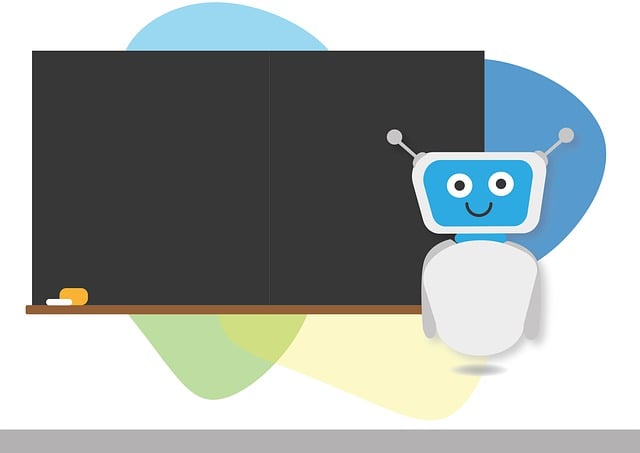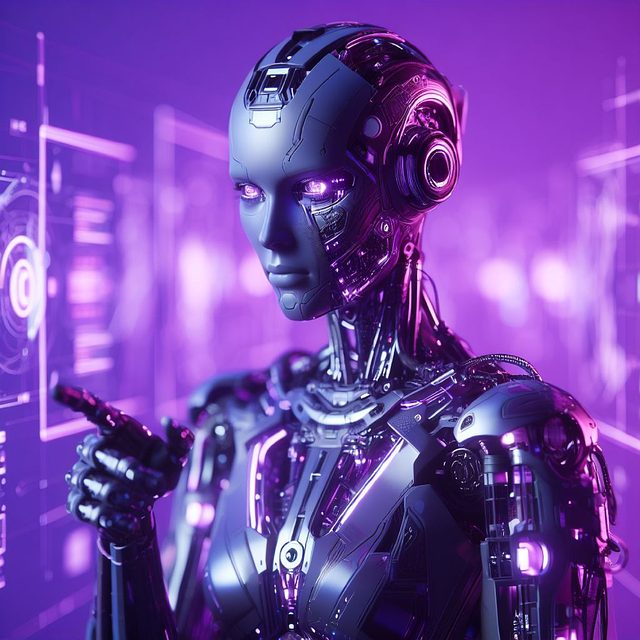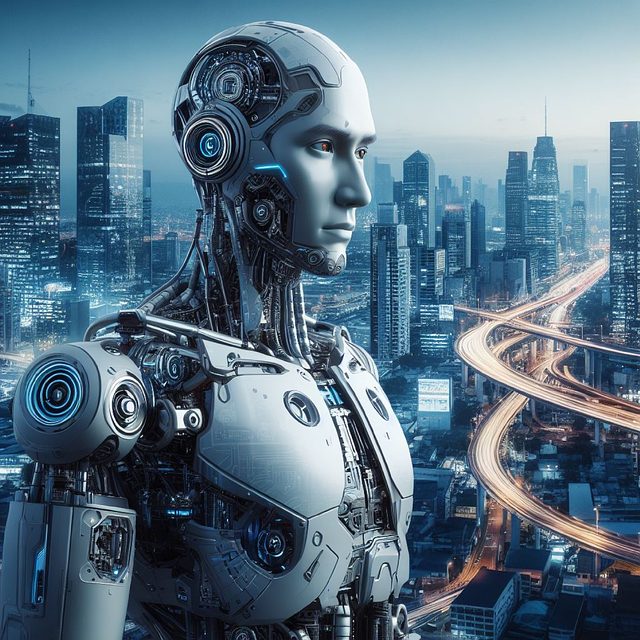Adaptive AI systems, including advanced AI chatbots and assistants, are transforming user experiences by learning from and adapting to individual interactions. Through sophisticated algorithms, these tools deliver personalized AI customer service, anticipate user preferences, and enhance satisfaction. By integrating seamlessly into existing channels, they offer convenient, efficient, and always-available support, revolutionizing industries worldwide. Future advancements promise real-time adaptation to user behaviors, fostering highly personalized interactions and further revolutionizing technology's role in daily life.
“Discover the transformative potential of Adaptive AI Systems, where personalized experiences are the new norm. This article explores how AI Chatbots and Assistants are revolutionizing customer service by understanding and catering to individual user needs. From enhancing efficiency and accessibility to fostering deeper engagement, these systems offer a glimpse into a future where AI tailors solutions on a grand scale. Dive into this comprehensive guide to understand the power of personalization in the realm of AI customer service.”
- Understanding Adaptive AI Systems: The Power of Personalization
- How AI Chatbots and Assistants Enhance Customer Service Experiences
- Future Implications: Tailoring AI to User Needs on a Larger Scale
Understanding Adaptive AI Systems: The Power of Personalization

Adaptive AI systems are revolutionizing the way we interact with technology, particularly in the realms of AI chatbots and assistants. These intelligent tools learn and evolve based on user interactions, providing a personalized experience tailored to individual needs. By employing advanced algorithms, AI customer service representatives can adapt their responses, becoming more efficient and effective over time.
The power of personalization lies in the ability to anticipate user preferences and deliver relevant information or assistance. Whether it’s an AI assistant managing schedules or a chatbot offering product recommendations, understanding user behavior enables these systems to provide customized solutions. This level of adaptability not only enhances user satisfaction but also fosters a sense of connection, making AI interactions feel more natural and intuitive.
How AI Chatbots and Assistants Enhance Customer Service Experiences

AI Chatbots and Assistants have emerged as game-changers in enhancing customer service experiences across various industries. These intelligent systems utilize advanced natural language processing (NLP) capabilities to understand and respond to customer queries, offering a personalized and efficient support system. By integrating AI into customer service, businesses can provide 24/7 availability, instant responses, and accurate information retrieval, thereby improving customer satisfaction levels significantly.
The adaptability of AI chatbots is particularly noteworthy, as they can learn from each interaction, evolve their understanding, and tailor their responses accordingly. This ensures that over time, the AI assistant becomes more effective in addressing a wide range of customer issues, from simple FAQs to complex problem-solving. Moreover, integrating these virtual assistants into existing customer service channels creates a seamless experience for users, fostering a sense of convenience and efficiency.
Future Implications: Tailoring AI to User Needs on a Larger Scale

As AI technology continues to evolve, the future implications of tailoring AI systems to user needs on a larger scale are immense. Advanced AI chatbots and assistants will become even more sophisticated, leveraging machine learning algorithms to understand and adapt to individual user preferences and behaviors in real-time. This level of personalization will not only enhance user experiences but also drive significant improvements in AI customer service across various industries.
Imagine an AI assistant that can anticipate your needs before you even express them, providing proactive solutions and recommendations based on your past interactions and broader context. Such a future is within reach, as researchers and developers work to make AI systems more adaptive and responsive to human requirements. This shift will not only transform how we interact with technology but also redefine the boundaries of customer service, making it more efficient, effective, and universally accessible.
